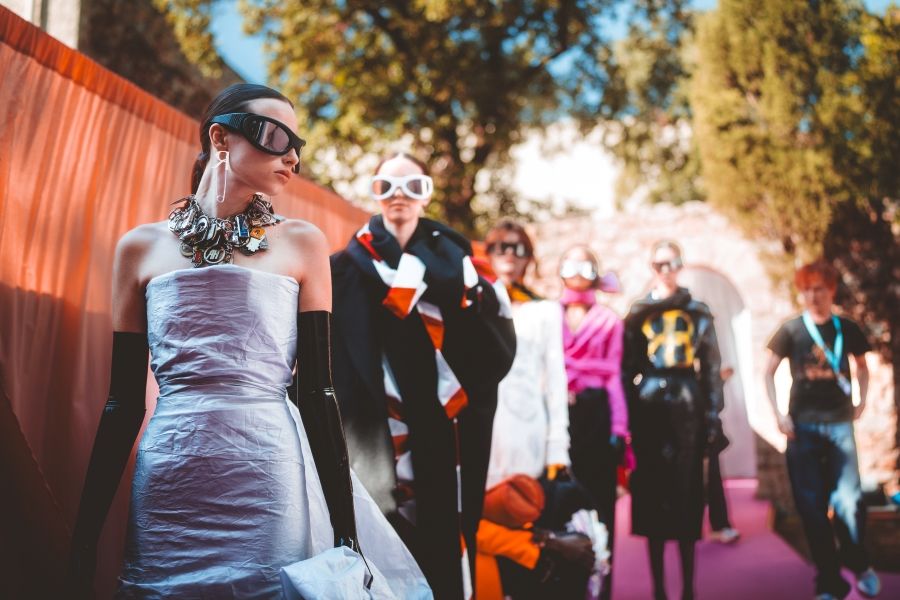Decked out in pink, the Villa Noailles shone once again this year as it presented the 39th edition of the Hyères Festival. While the three days of the festival were as rich and fruitful as the villa’s history and reputation, the spotlight was on Belgium and its talent, which emanates beyond its walls.
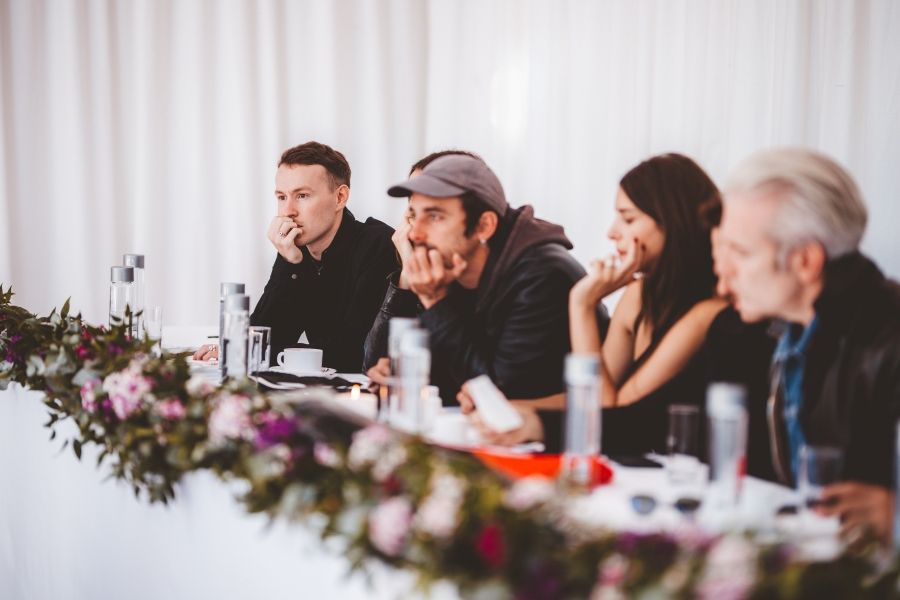
The first signs of Belgian creativity appeared on the roof of this modern architectural construction. In the midst of a monumental installation by artist Gabriel Figuereido, a former graduate of La Cambre Mode[s] in Brussels, the Courrèges flag was hoisted, symbolising the invitation of its artistic director Nicolas Di Felice to chair the Fashion jury. The Charleroi-born designer, who is also a graduate of La Cambre Mode[s], emphasised “the possibility of doing things here the way you really feel in your heart,” as well as the values that are perpetually upheld. Joining him on the jury is Igor Dieryck, a designer from Arlon and graduated of the Antwerp Academy, who was the overall winner of the 38th edition in 2023.
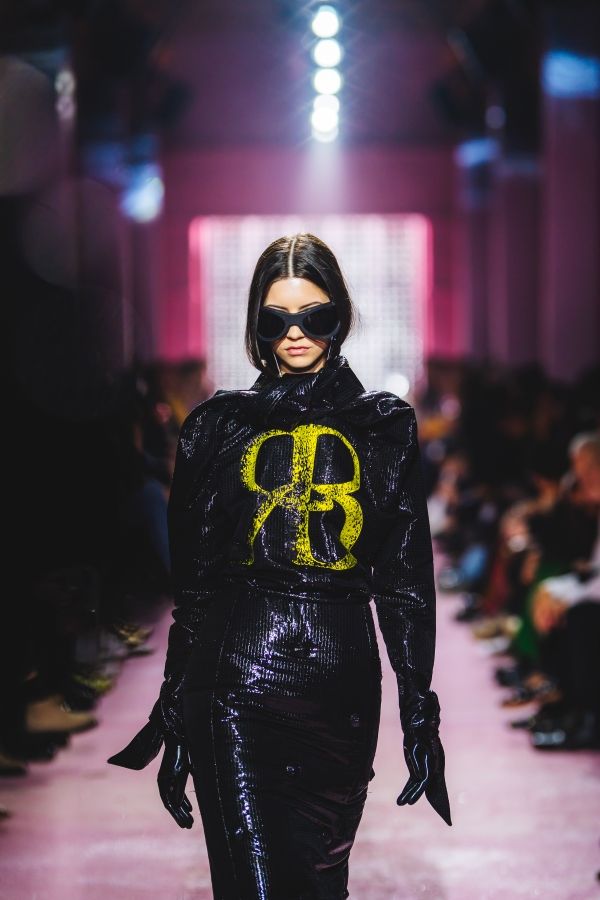
Honesty, diversity and generosity continue to be embodied at this annual international event by the gifted people revealed there. This year they included the young Belgian designer Romain Bichot, who won the 2 Chanel prizes: the 19M prize and the Atelier des Matières prize with his collection Call Me If You Get Lost.
The festival show opened with Romain’s 7 boldly styled silhouettes, and closed with Igor’s masterfully constructed and accomplished new pieces of his second collection, Ad Fundum.
In the middle of this show was the collection of Lilian Navarro, like Romain, a recent graduate of La Cambre. An overflowing creative ensemble, all melodiously presented by Belgian actor Philippe Katerine.
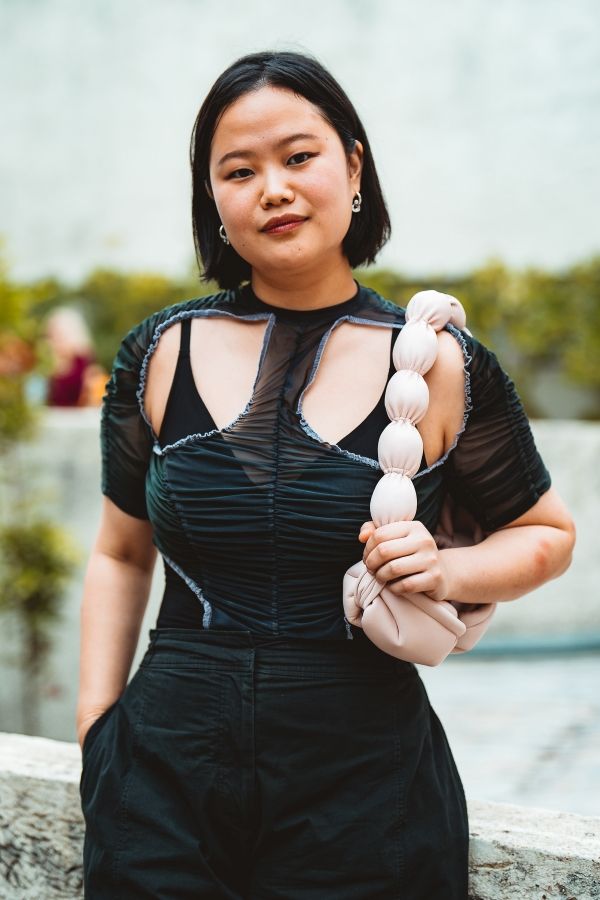
In addition, 4 of the 10 finalists in the accessories section showcased La Cambre’s wide-ranging expertise, with objects by Clara Besnard, who won the Hermès prize, Eunji Oh, Camille Cireddu and Louna Clozel.
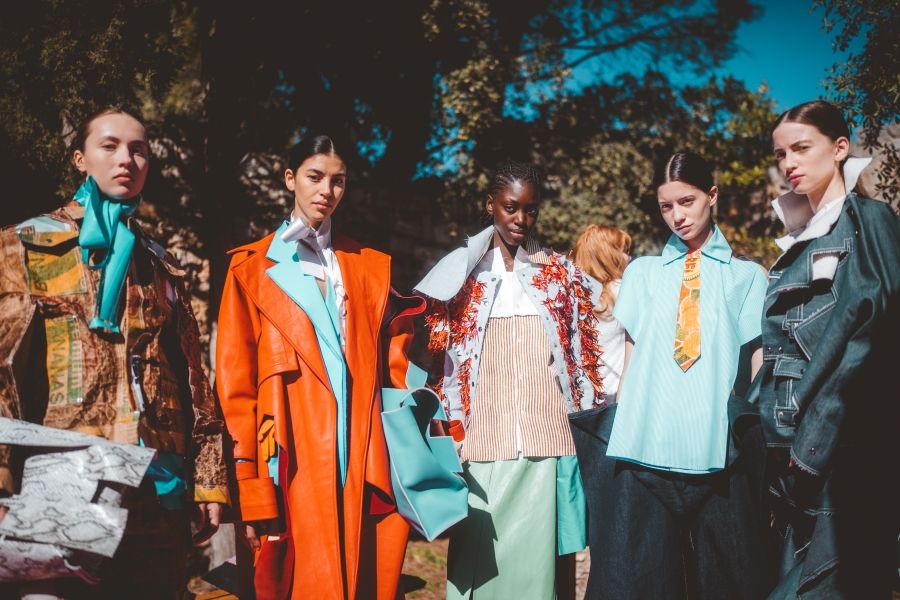
In the wake of all this creative exuberance, punctuated by the exhibitions and performances inhabiting the venue, the Hyères Festival once again appears to be a suspended space-time claimed by the images, bodies and objects of an era, the big names of today and those of tomorrow. “Culture is free and open, and can be shared with everyone, at every level,” said founder and director Jean-Pierre Blanc, as he talked openly about the economic challenges facing the festival.

On the eve of its 40th anniversary, this now essential initiative has once again demonstrated its art of tribute and innovation, within a villa that is celebrating its centenary and has become the emblem of an experience where singularity meets timelessness.
